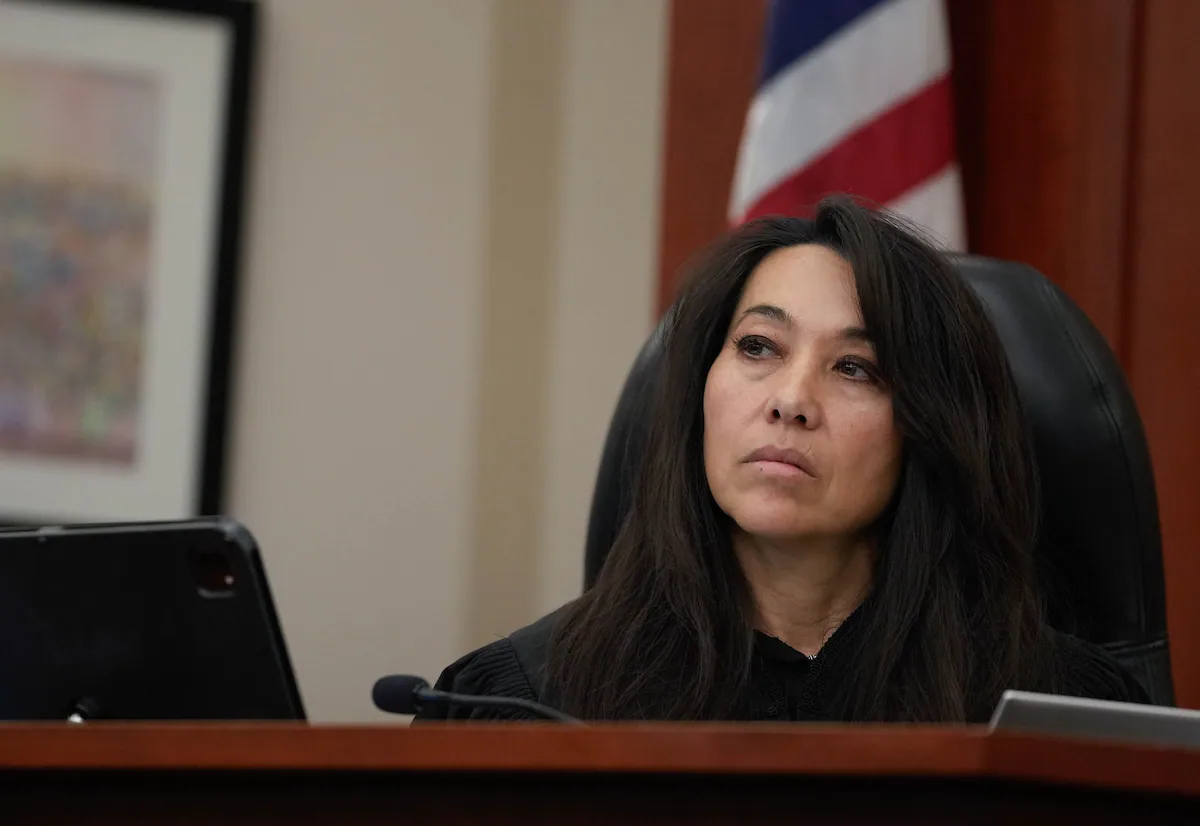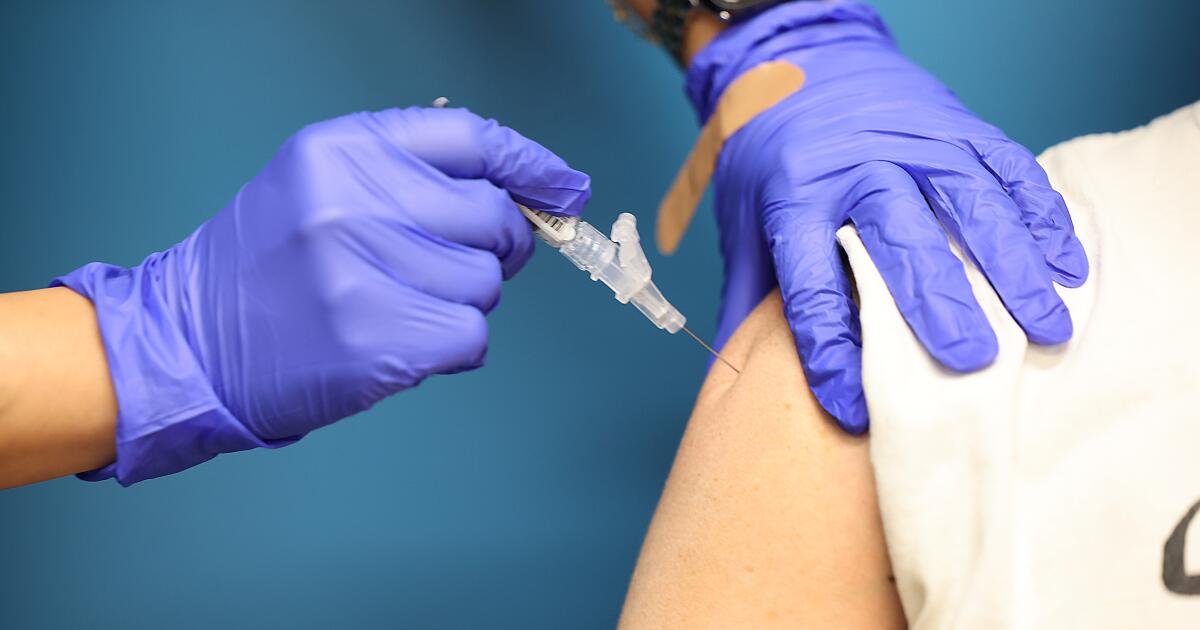Copyright Salt Lake Tribune

The fight over Utah’s congressional boundaries reached a “critical” juncture Tuesday, as opponents of the Legislature’s proposed map argued that Republican lawmakers rigged the law to guarantee Democrats have no chance to win a House seat. Last month, Republican lawmakers passed SB1011, which established three tests that Judge Dianna Gibson is allowed to use to decide if the new congressional map they adopted does or doesn’t illegally favor one party. Applied together, almost every map with a competitive or Democrat-leaning seat is disqualified, while maps with four safe GOP seats pass, argued Aseem Mulji, the attorney for the League of Women Voters and Mormon Women for Ethical Government, the groups contesting the Legislature’s new proposed boundaries. Mandating that the court only apply those tests, Mulji argued, has “the same effect of nullifying Prop 4” — the 2018 Better Boundaries initiative that was approved by voters and sought to prohibit partisan favoritism in establishing political districts. The Utah Supreme Court ruled last year that the Legislature cannot undo a voter-approved ballot initiative without violating citizens’ constitutional right to make law through the initiative process. Based on that ruling, Gibson in August reinstated Proposition 4’s standards and invalidated the non-compliant congressional map that had been used since 2021. Based on that rationale, Mulji argued Tuesday that Gibson should discard the Legislature’s prescribed statistical tests and judge using the best metrics available. The Legislature’s attorney, Tyler Green, countered, saying that legislators were in a time crunch after Gibson invalidated the current congressional boundaries in an August ruling. In her order, Gibson wrote that lawmakers could still choose the standards to determine if the maps comply with Proposition 4, and Green said that’s what lawmakers believe they’ve done. The tests the Legislature chose are accepted in the political science literature, Green argued. The real problem that the plaintiffs have, Green said, is that the metrics don’t guarantee a Democratic seat, which makes an invalid assumption that “the only plans that are fair guarantee a seat for Democrats in the first place.” During Tuesday’s hearing, Gibson directed most of her questions to Green, noting that experts from both sides testified previously that it is better to take a “holistic approach” when analyzing maps. She also ask why the court should be limited to just three tests prescribed by the Legislature. Green replied that writing laws is different from writing academic articles, and legislators want to establish a clear policy that is “readily administerable and gets to the core of this question, if it has partisan purpose or partisan effect.” Gibson said she’ll issue a ruling by Nov. 10, which, according to the lieutenant governor’s office, is the deadline for a map to be in place so county clerks can begin preparations to administer the 2026 congressional elections. Gibson’s decision on whether to let the tests stand will be pivotal. If she leaves them in place, she will be constrained in the measures she can use to decide if maps are fair. Expert witnesses for the Legislature testified that the map adopted by the lawmakers passes those tests, while the two maps submitted by the plaintiffs do not. If Gibson discards the Legislature’s mandatory metrics, she can apply whatever measures she sees fit, giving her broader latitude in choosing which of the three maps she deems compliant with Proposition 4. “[SB1011] takes a prohibition on partisan gerrymandering and flips it on its head,” said Mujli after Tuesday’s hearing. “[It] essentially says that partisan gerrymandering is now mandated in Utah. And it restricts, as the judge said, all of the other evidence that she could consider in this case that would show that the map the Legislature enacted is, in fact, a partisan gerrymander.” Because of that, Mujli said it is “critical” that the judge enjoin the law and “apply the standards that the people intended to be applied when they passed Prop 4.”



